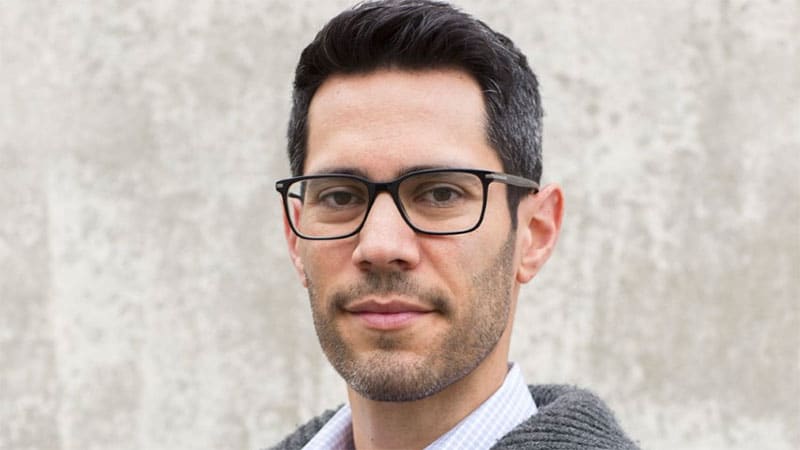Dusick opens up about his rise, fall and recovery
Ryan Dusick, the founding drummer of Maroon 5 and Pepperdine University Graduate School of Education and Psychology (GSEP) alumnus, has recently authored a book entitled Harder to Breathe: A Memoir of Making Maroon 5, Losing It All, and Finding Recovery.
Dusick founded the hit band Maroon 5 with singer Adam Levine, guitarist Jesse Carmichael, and bassist Michael Madden. The band skyrocketed to stardom in the early aughts, going from jam sessions in Dusick’s parents’ garage to playing the biggest arenas in the world. The quick transition to fame took a toll on Dusick’s mental health, and the psychological pressures and physical toll of newfound success influenced his decision to leave the band in 2006.
“I went from the best time in my life up until that point to really breaking down on the road,” he recalls. “I didn’t realize the things that had been challenging me in terms of my anxiety, perfectionism, the pressure I put on myself, my obsessive compulsiveness…it was a combination of a lot of different factors.”
Dusick admits it was one of the darkest times of his life, and he began to struggle with depression, anxiety, and addiction. Through his own personal recovery journey, he began volunteering at a recovery center and immediately felt that he had found his calling. Shortly after, Dusick applied to GSEP.
“Everything kind of came together in terms of the work I’d been doing on myself, including my understanding of my own psychology, taking that into what I was learning, and then starting to apply it and understand other people’s similarities and differences,” Dusick says. “I was thinking I was just going to be an addiction counselor, but I became fascinated by psychology and decided to turn that passion into a profession as a therapist.”
Dusick completed his master’s in clinical psychology with an emphasis in marriage and family therapy through GSEP’s evening format program and graduated in 2021.
“In grad school, I felt truly inspired for the first time in a long time,” he shares. “I felt purposeful and in flow, and I rediscovered my passion for writing. My Pepperdine GSEP experience got me to a place of both humility and confidence at the same time because I realized nothing is perfect. Everything requires work and editing and revising.”
Dusick credits his professors at GSEP for instilling in him the foundational concepts of psychology and inspiring the personal and professional a-ha moments he needed to push him toward a career in the field.
Reflecting on his book, Dusick states, “I’ve learned I have a lot more to offer now in terms of life experience and what I’m writing, so that all came together to this moment where I realized writing this book, something I’ve always wanted to do, had multiple purposes—especially to provide closure for me through narrative therapy so I could move forward in my own life. If I did it right, if I was really truly honest and vulnerable about my experience, my mental health journey, the ways in which I was challenged, and the ways in which it became a problem for me, it would be cathartic for me, and positively impact others in a similar way. It became my mission. It became part of my life’s journey.”





